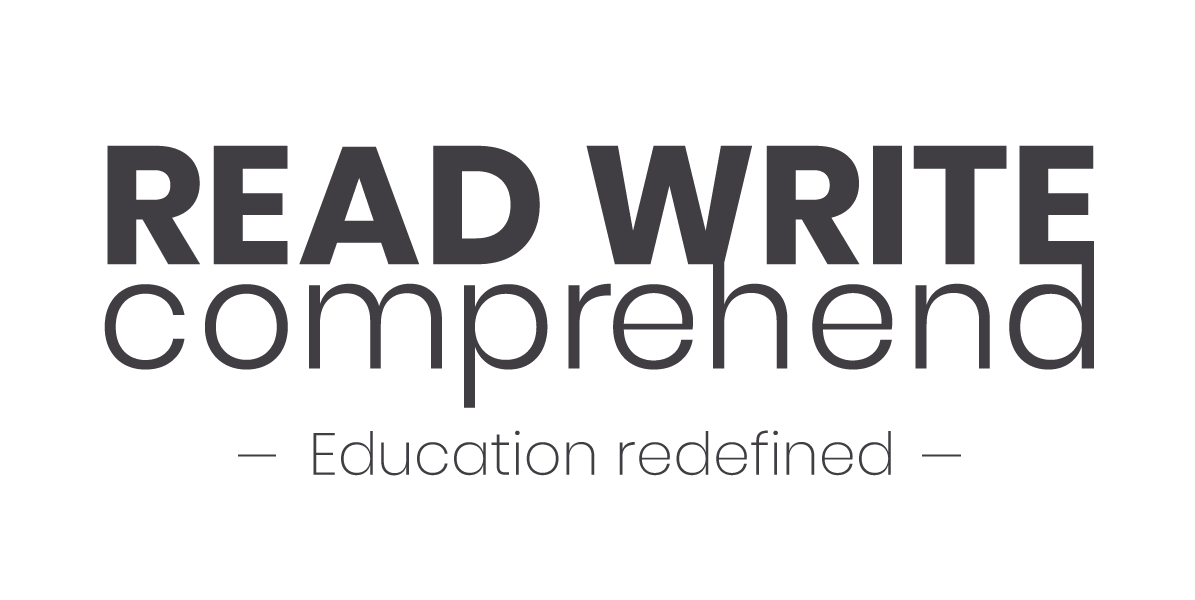How To Use The COPS Writing Strategy

Writing is a fundamental skill that can also facilitate more extensive and efficient learning. Whether you’re writing a birthday card to your friend or using Winnie the Pooh to raise awareness about mental health, clean and concise writing can help you make a statement with confidence!
Finding ways to help your child understand why we write is a useful place to establish common ground with your child before getting into the how. If your child has a solid understanding of why writing well is important, they will be more amenable to working through the difficult steps that will make their writing as strong as possible.
Thorough editing will help your child feel more confident in their work as they wrap up an essay or short story.
One stage of writing that gets left to the wayside all too often is editing. Editing is when we take shears to our messy garden of words. Thorough editing will help your child feel more confident in their work as they wrap up an essay or short story. Elementary writers can use the acronym COPS as a simple and effective way to clear their writing through an editing checklist. We’ve written out the acronym below with directive questions so you can use them as a teaching moment for your children.
What does the COPS writing strategy stand for?
Capitalization – Does every sentence and proper noun begin with a capital letter?
Organization – Does it make sense?
Punctuation – Does every sentence end with a punctuation mark?
Spelling – Have I spelled everything correctly?
The order of the steps isn’t as important as making sure they all get done. In fact, most writers will find themselves moving back and forth between these steps, as corrections often inspire more writing! Other useful tips include reading your writing out loud or backwards, sentence by sentence. Encourage your child to read out their writing to you and in doing so, you can help correct or adjust places in the sentence that requires attention. Be patient with your child and do not forget to provide positive enforcement along the way.
Regardless of which editing techniques you choose to emphasise to your children, it’s imperative that you find ways to cultivate joy for writing regularly, whether through song lyrics, journaling, or to write enjoyably, about things they enjoy and in a positive environment. Do not let the classroom dictate your child’s primary writing environment. Keep a journal, write in the park, write silly shopping lists, ask them to write when they are having a particularly emotional day. A healthy variety of writing outlets will help your child grow into emotionally intelligent and shapes them to become well-spoken individuals.
Remember, there is no ‘right’ or ‘wrong’ in writing other than adhering to grammatical rules. Writing is about one of two things; printing their imagination and thought process on paper and practicing to become an eloquent wordsmith in the future, whatever path they choose to take.







